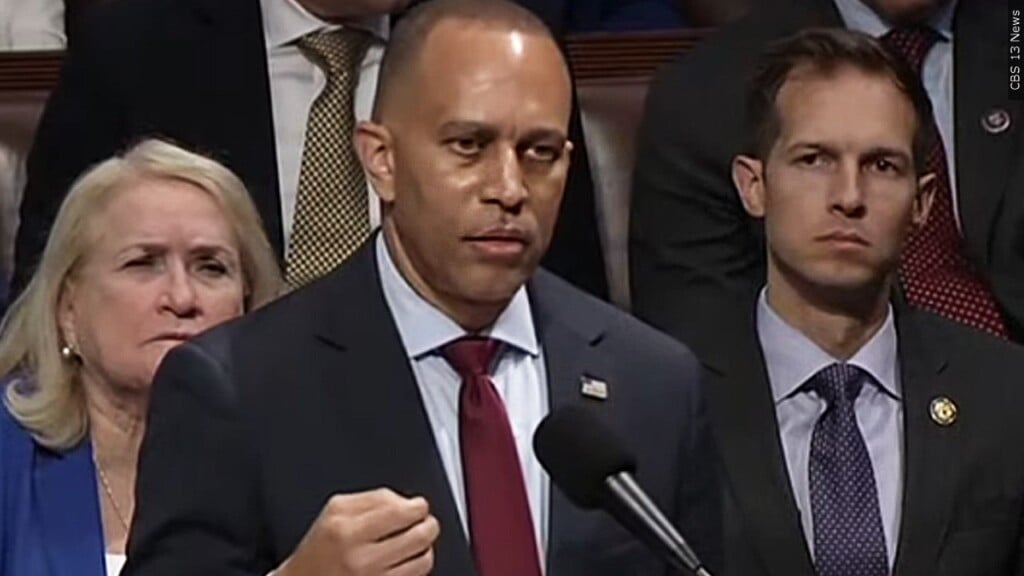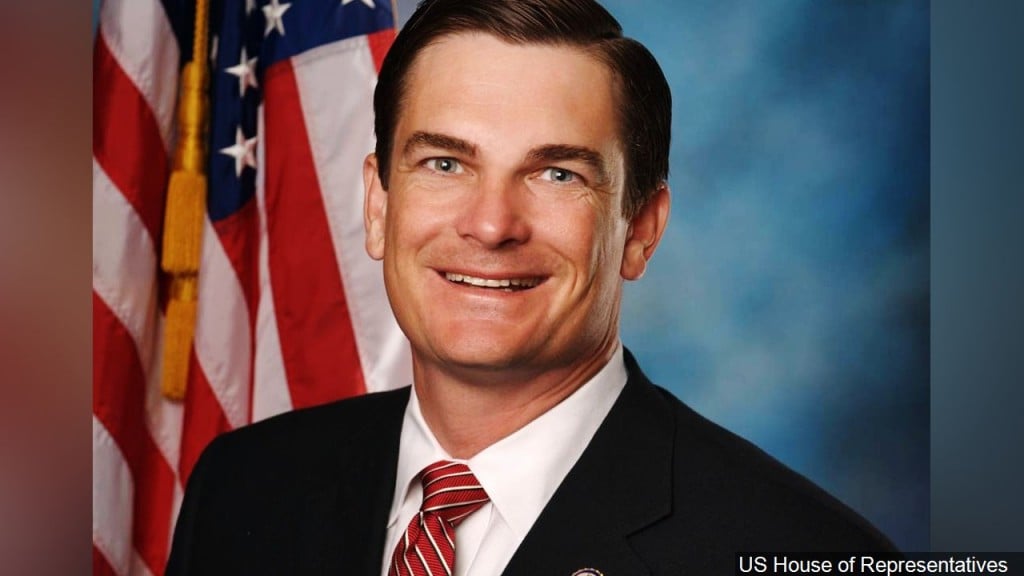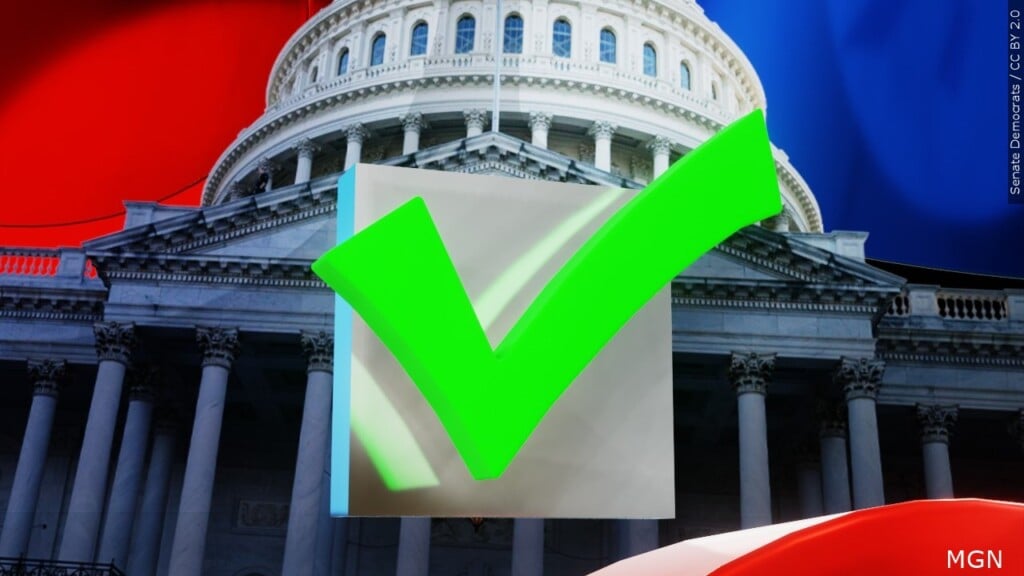Trump administration withholds over $6 billion for after-school, summer programs and more
Washington (AP) A Trump administration funding freeze, according to day camp providers and schools, may ruin the summer for low-income American families and eliminate some after-school programs for the following year.
As part of a review to make sure funds support President Donald Trump’s policies, the administration is withholding almost $6 billion in federal grants for adult literacy, English language training, after-school and summer programs, and other areas.
The decision creates further ambiguity about when or whether states and schools will receive the funding, leaving them in a precarious position as they plan for activities this summer and the next school year. A confrontation with Democrats, who claim the administration is breaking the law by withholding funds that Congress appropriated, is also set up by this.
According to schools, without the funding, they might not be able to recruit teachers to instruct English-learning students or offer low-income children free or reasonably priced after-school care while their parents are at work. Even this summer’s classes or camps may be in danger.
To operate camps and other summer programs for low-income youngsters, for example, the Boys and Girls Clubs of America rely on a portion of the withheld funds. Jim Clark, president of the Boys and Girls Club, warned that the programming would stop in the middle of the season if money isn’t restored quickly.
In the fall, after-school programs might also suffer. According to Clark, there will be immediate and disastrous consequences if these payments are blocked. According to the group, up to 926 Boys and Girls Clubs may close, impacting over 220,000 children.
According to a notice posted by the Education Department on Monday, the funds will not be granted while the programs are being reviewed. Programs that depend on the funds were anticipating that they would be disbursed on July 1. The department cautioned that funding selections for the next school year have not yet been made and did not specify a timeline.
In the notice, which The Associated Press was able to get, Education Department officials stated that the Department is still dedicated to making sure public funds are used in line with the President’s goals and the Department’s statutory obligations.
A request for comment was not answered by the Office of Management and Budget, which was referred to by the department.
If federal money are not given, authorities in Gadsden City Schools in Alabama warn they would be forced to close their after-school program, which serves over 1,200 low-income pupils. The program’s director, Janie Browning, stated that there is no alternative way to compensate for the federal funds that have been frozen.
An essential source of child care that keeps kids safe and involved while their parents are at work would be lost for families who depend on after-school programs. The district’s after-school programs employ about 75 people, and they could lose their employment.
According to Browning, students are most vulnerable to situations that could have unfavorable effects between the hours between after school and six o’clock in the morning. The loss of after-school programs for our youngsters and their families would be catastrophic.
Withholding the funds might have long-term negative effects on the economy, according to Jodi Grant, executive director of the Afterschool Alliance.
Proponents worry that the grants are being targeted for deletion, which may compel schools to reduce staff and services. The administration believes the programs under evaluation are redundant, as evidenced by Trump’s 2026 budget proposal, which called for Congress to zero out all of them.
The administration was pressured by Sen. Patty Murray, a Democrat from Washington, to use the funds as Congress had directed.
Murray said in a statement that each day this funding is delayed, school districts are forced to worry about whether they will have to reduce after-school activities or fire teachers rather than how to ensure our children can succeed.
21st Century Community Learning Centers is one of the six grant programs being reviewed. According to the Afterschool Alliance, it is the main source of federal financing for summer and after-school activities and supports over 10,000 local programs around the country. This fiscal year, the funds totaled $1.3 billion, and each state administers its own competition to award them.
The following grants are also being reviewed: $2 billion for teacher professional development and class size reduction efforts; $1 billion for academic enrichment grants, which are frequently used for accelerated learning and science and math education; $890 million for English language learners; $376 million for migrant worker children’s education; and $715 million for reading instruction for adults.
According to a research by the think tank Learning Policy Institute, these programs are responsible for more than 20% of the federal funding that the District of Columbia receives for K–12 education. Texas has more than $660 million in limbo, while California alone has at least $800 million.
California’s state superintendent, Tony Thurmond, said in a statement that Trump is unlawfully seizing billions of dollars that Congress has approved to help kids this fiscal year. When states reject Trump’s political philosophy, the Administration is penalizing children.
Chris Reykdal, Washington state’s superintendent of public instruction, warned that the loss of funding might cause severe financial hardship for a number of other school districts. Assuming they get the funding, districts have already approved budgets, scheduled programming, and hired personnel, according to Reykdal.
Parents and children learning English would be particularly impacted if the funding freeze is maintained. Some districts use the funds to fund staff professional development training, family engagement experts who can interact with parents, and summer programs tailored for English language learners. The hardest-hit districts would be in rural areas.
Amaya Garcia, who is in charge of education research at the left-leaning think tank New America, stated that they are attempting to convey a message. They don’t think these kids should be supported by taxpayer money.
For its after-school and summer school programs, the Umatilla School District in rural eastern Oregon, which has a large number of migrant families and English-learning pupils, mainly depends on federal money. According to superintendent Heidi Sipe, she will soon meet with state representatives to determine whether the district will need to schedule an early summer break, which 20% of pupils choose. She will have to fire employees and stop after-school programs that around half of the district’s pupils attend if federal funding remains frozen come September.
“We don’t have any licensed child care centers for school-age children, so it’s an essential service in our community,” she added.
Because the school system was in the middle of a five-year grant cycle, Sipe said it was especially annoying to deal with these money being placed in limbo.
She stated that it seemed avoidable and that we should have planned for America’s children more effectively.
___
The first publication date of this story was July 1, 2025. On July 2, 2025, it was republished with the correction that Texas has more than $660 million in limbo, not $660,000, and California has at least $800 million, not $800,000.
___
Several private foundations provide funding for the Associated Press’s educational coverage. All content is the exclusive responsibility of AP. Visit AP.org to view the guidelines for AP when working with philanthropies, as well as a list of funded coverage areas and supporters.












